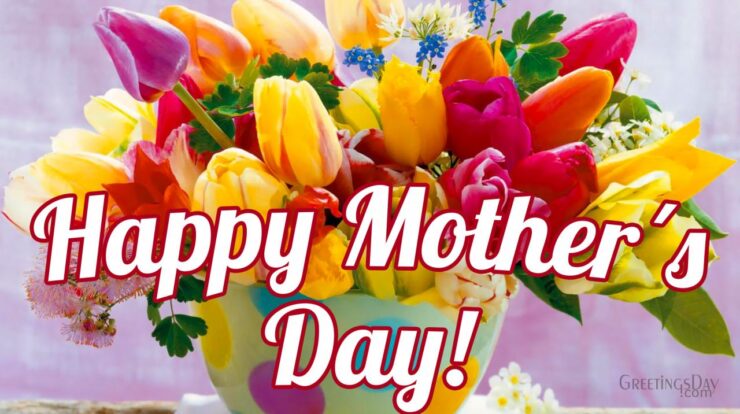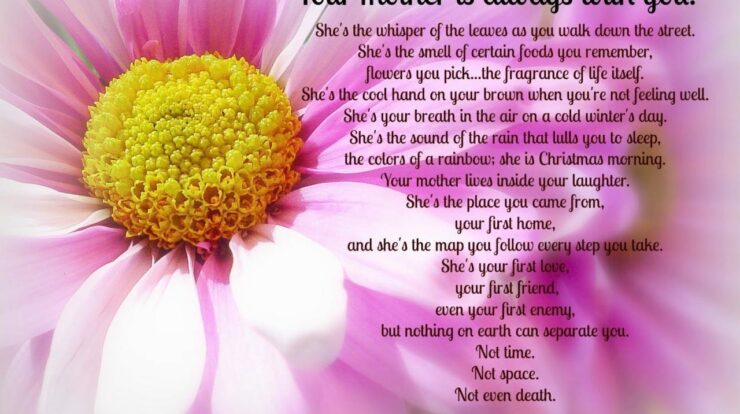King’s Day Amsterdam, a vibrant celebration that sweeps through the city every year, is a day of merriments, cultural immersion, and a testament to Dutch heritage. As the Netherlands dons its finest orange attire, let’s delve into the captivating world of King’s Day Amsterdam, exploring its historical roots, lively festivities, and the unique cultural tapestry it weaves.
From the bustling flea markets to the energetic music performances, King’s Day Amsterdam offers a kaleidoscope of experiences that cater to every taste. Whether you seek unique treasures, immerse yourself in musical rhythms, or simply soak in the infectious spirit of the city, this day promises an unforgettable adventure.
King’s Day Amsterdam Background
King’s Day (Koningsdag) is a national holiday in the Netherlands celebrated on April 27th, the birthday of King Willem-Alexander. It was previously known as Queen’s Day until the coronation of Willem-Alexander in 2013. The event commemorates the reign of the Dutch monarchy and is a day of nationwide celebration and festivities.
King’s Day has its roots in 1885 when it was celebrated as the birthday of Princess Wilhelmina. The day became a national holiday in 1949 and was renamed Queen’s Day in 1980 when Queen Beatrix ascended to the throne. In 2013, Willem-Alexander became king, and the holiday was renamed King’s Day.
Celebrations and Activities
King’s Day is celebrated throughout the Netherlands with a variety of festivities and activities. The main event takes place in Amsterdam, where the city center is transformed into a vibrant orange-clad party zone.
Flea Markets
One of the most popular activities on King’s Day is visiting the many flea markets that spring up throughout the city. These markets offer a wide range of goods, from vintage clothing and antiques to handmade crafts and souvenirs.
Music Performances
Music is an integral part of King’s Day celebrations, with live performances taking place in various squares and venues throughout the city. From traditional Dutch folk music to international pop and electronic dance music, there is something for everyone to enjoy.
Other Attractions
In addition to flea markets and music performances, King’s Day also features a variety of other attractions, such as boat tours along the canals, street performers, and food stalls offering traditional Dutch treats.
King’s Day Fashion and Culture
King’s Day is known for its unique fashion and cultural aspects. The most striking feature is the abundance of orange clothing and accessories worn by participants.
Orange Clothing
Orange is the national color of the Netherlands, and it is customary to wear orange clothing on King’s Day. The tradition dates back to the 16th century when William of Orange led the Dutch revolt against Spanish rule. Orange became a symbol of Dutch independence and has been associated with the monarchy ever since.
Vrijmarkt (Free Market)
Another unique aspect of King’s Day is the “vrijmarkt” (free market), where people are allowed to sell their used goods without a permit. The vrijmarkt takes place in various locations throughout Amsterdam and is a great opportunity to find bargains or get rid of unwanted items.
Economic Impact and Tourism
King’s Day has a significant economic impact on Amsterdam. The event attracts millions of tourists each year, who spend money on accommodation, food, drinks, and souvenirs. In 2019, King’s Day generated an estimated €1 billion in revenue for the city.
Number of Tourists
The number of tourists visiting Amsterdam on King’s Day has been steadily increasing in recent years. In 2019, an estimated 2.5 million people attended the festivities, with the majority coming from the Netherlands and neighboring countries.
Revenue Generated, King’s day amsterdam
King’s Day is a major source of revenue for Amsterdam’s tourism industry. Hotels, restaurants, bars, and shops all see a significant increase in business during the event. In addition, the vrijmarkt also generates revenue for individuals who sell their goods.
Environmental Considerations: King’s Day Amsterdam
King’s Day is a large-scale event that can have a significant environmental impact. The large number of people attending the festivities can lead to increased waste, noise, and air pollution.
Waste Reduction
In recent years, there has been a growing emphasis on reducing waste during King’s Day. The city of Amsterdam has implemented a number of measures to encourage recycling and composting, such as providing free waste bags and setting up recycling stations throughout the city.
Noise Pollution
The large crowds and music performances on King’s Day can lead to noise pollution. The city of Amsterdam has set limits on the volume of music and has designated certain areas as “quiet zones” where noise is restricted.
Air Pollution
The increased traffic and fireworks on King’s Day can contribute to air pollution. The city of Amsterdam has implemented a number of measures to reduce air pollution, such as promoting public transportation and encouraging the use of electric vehicles.
Social and Cultural Significance
King’s Day is more than just a day of celebration; it also has a significant social and cultural significance.
Community Spirit
King’s Day is a time for people to come together and celebrate their shared Dutch heritage. The event fosters a sense of community spirit and national unity.
Cultural Heritage
King’s Day is a showcase of Dutch culture. The event features traditional Dutch music, dance, and food, as well as contemporary art and fashion. It is an opportunity for people to learn about and appreciate Dutch culture.
Safety and Security Measures
The safety and security of attendees is a top priority during King’s Day. The city of Amsterdam implements a comprehensive security plan that includes increased police presence, crowd control measures, and emergency response teams.
Police Presence
The Amsterdam police department deploys a large number of officers on King’s Day to ensure the safety of attendees. Officers are stationed throughout the city, including in high-traffic areas and at major events.
Crowd Control
The city of Amsterdam also implements a number of crowd control measures to prevent overcrowding and ensure the safety of attendees. These measures include barriers, fences, and designated walking routes.
Emergency Response Teams
In case of an emergency, the city of Amsterdam has a number of emergency response teams on standby. These teams include police, fire, and medical personnel who are trained to respond quickly and effectively to any incident.
Wrap-Up
King’s Day Amsterdam stands as a vibrant celebration that not only honors the Dutch monarchy but also showcases the country’s rich culture and traditions. As the day draws to a close, the city echoes with the laughter, music, and shared memories that make this event so cherished.
Whether you’re a local or a visitor, King’s Day Amsterdam offers a captivating glimpse into the heart and soul of the Netherlands.
Question Bank
What is the significance of orange clothing on King’s Day?
Orange is the color of the Dutch royal family, the House of Orange-Nassau. Wearing orange on King’s Day is a way to show support for the monarchy and celebrate Dutch national pride.
What is the “vrijmarkt” (free market)?
The vrijmarkt is a large flea market that takes place on King’s Day. It is a popular place to find unique items, antiques, and secondhand goods.
What are some of the most popular activities on King’s Day?
Some of the most popular activities on King’s Day include visiting the flea markets, attending music performances, and enjoying the festive atmosphere in the streets.





